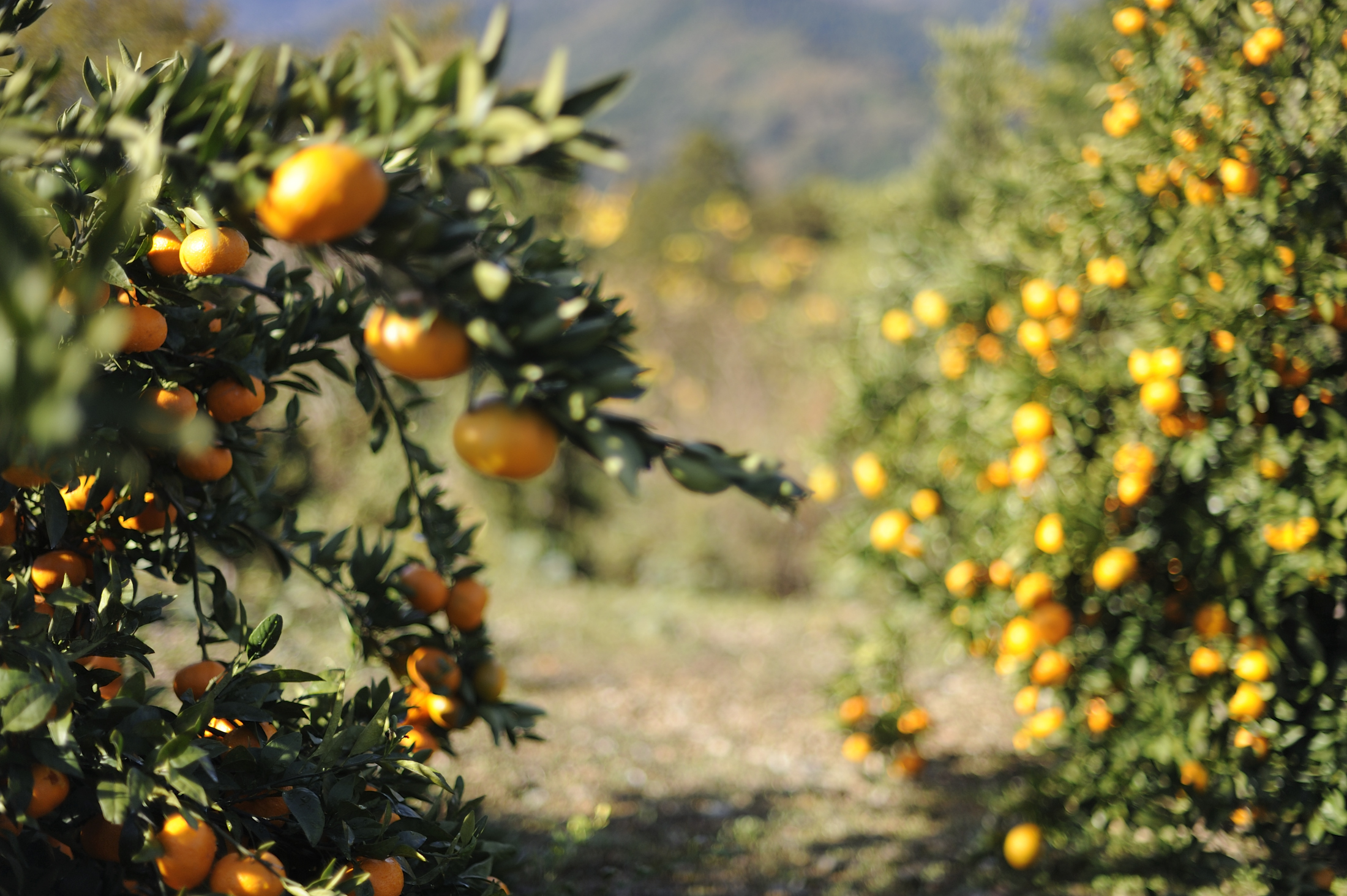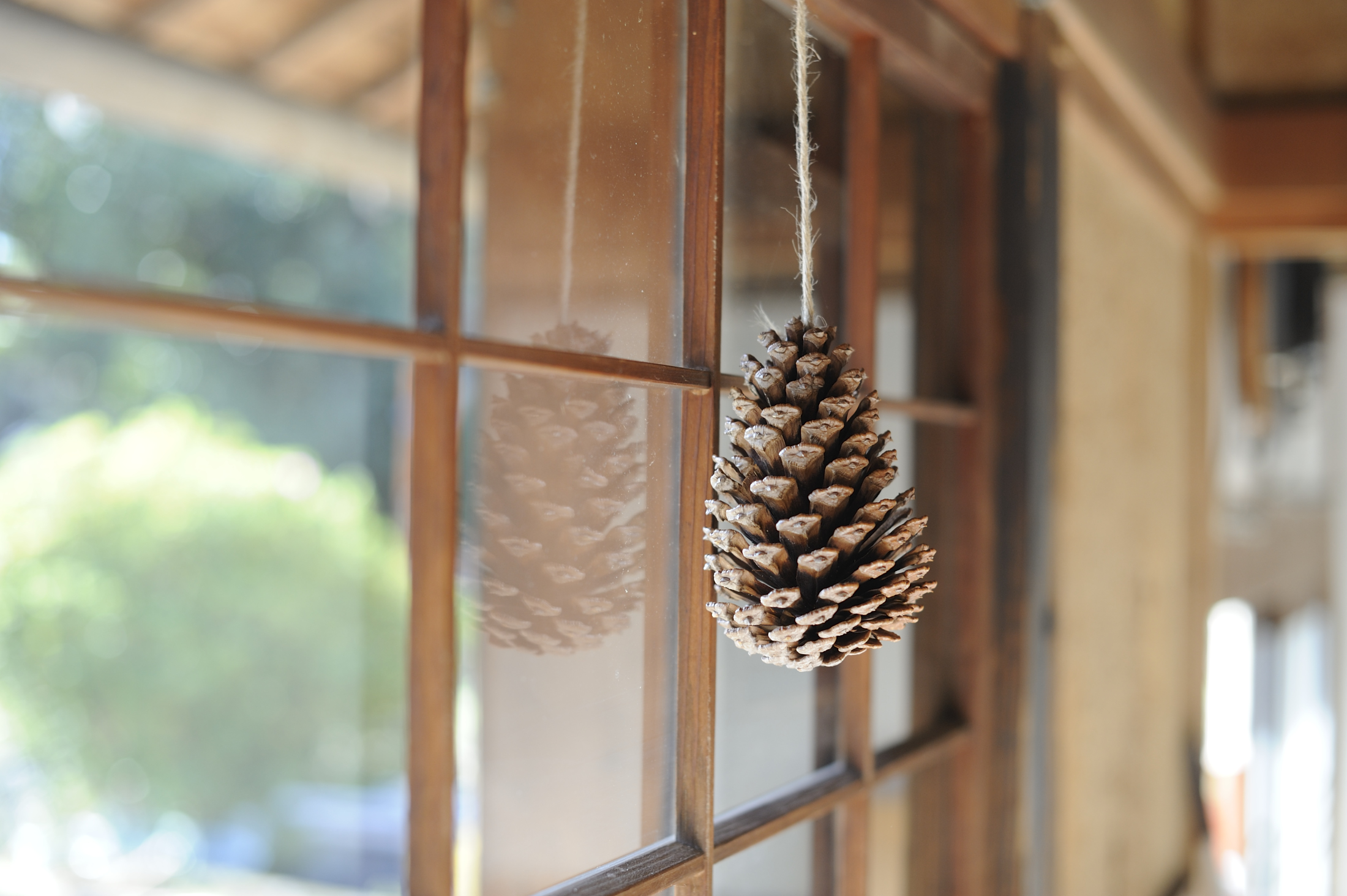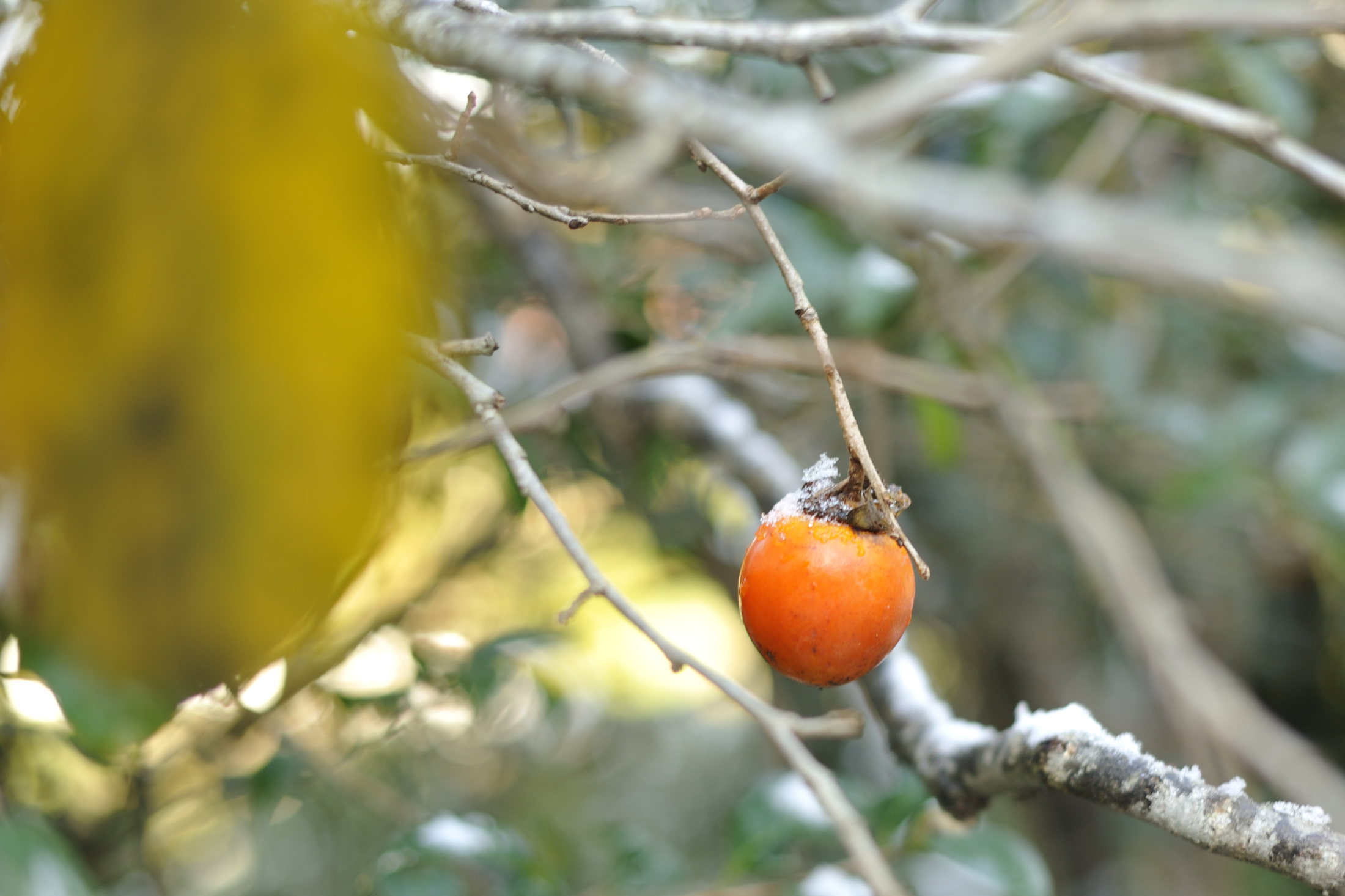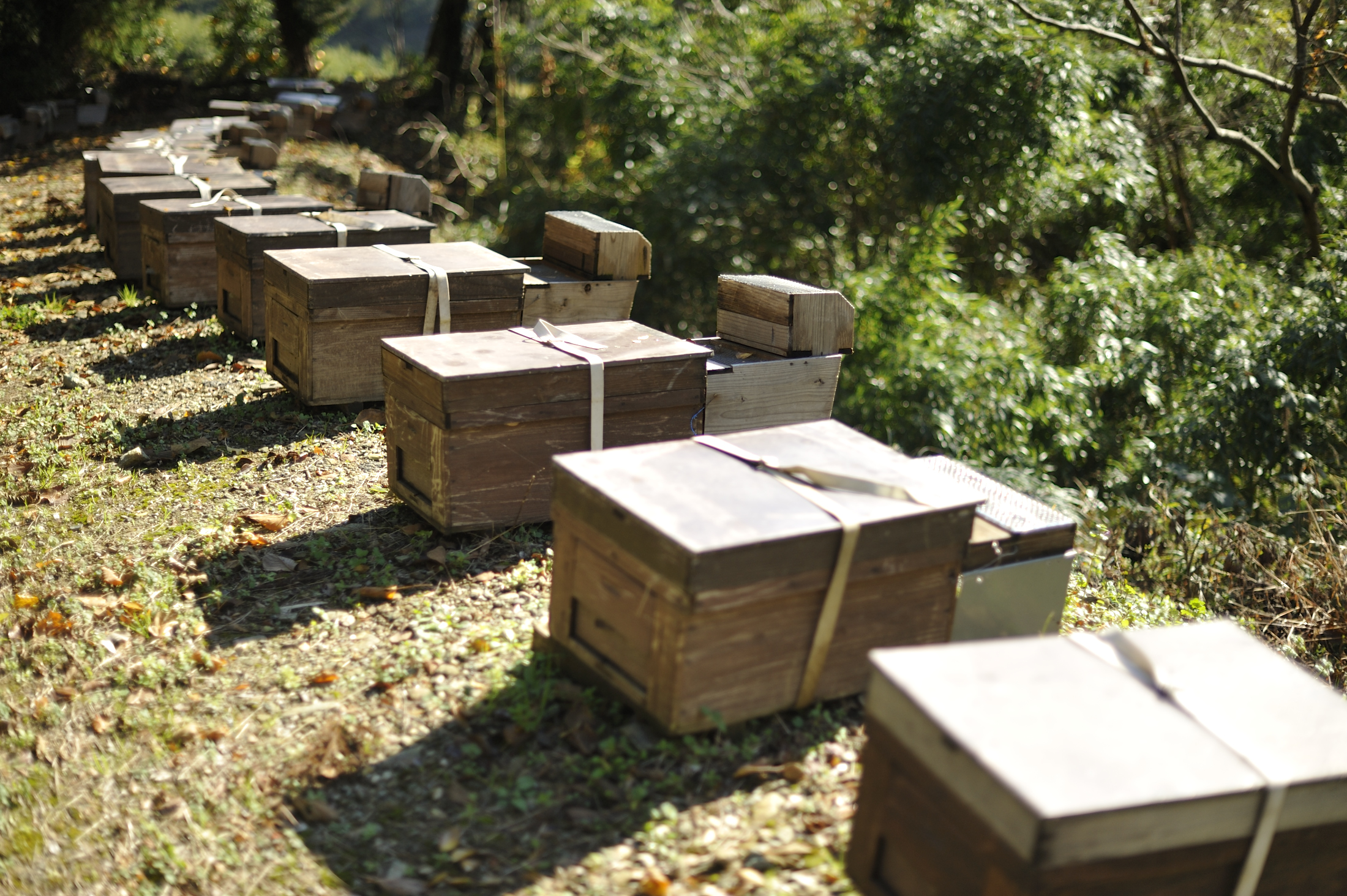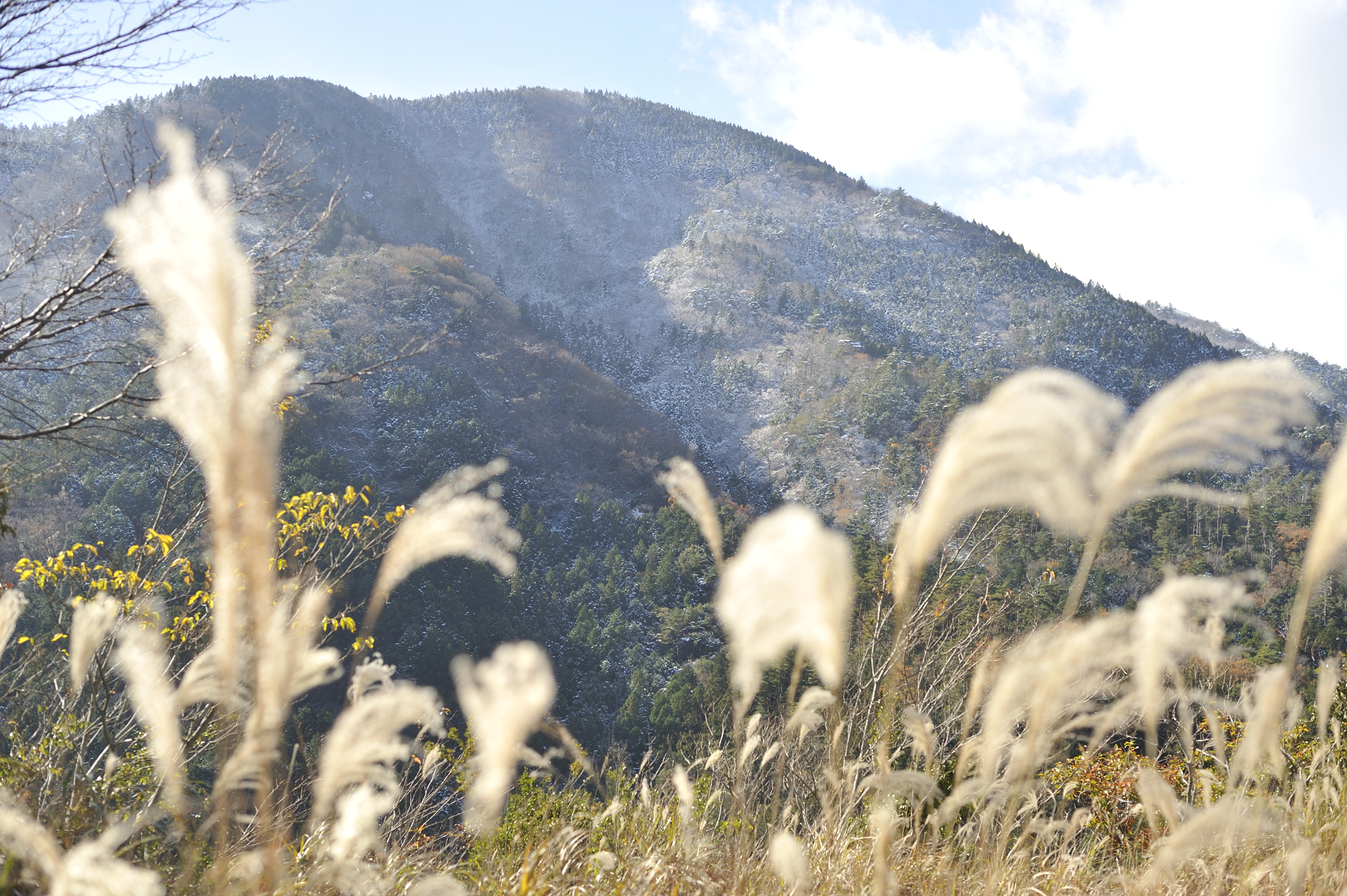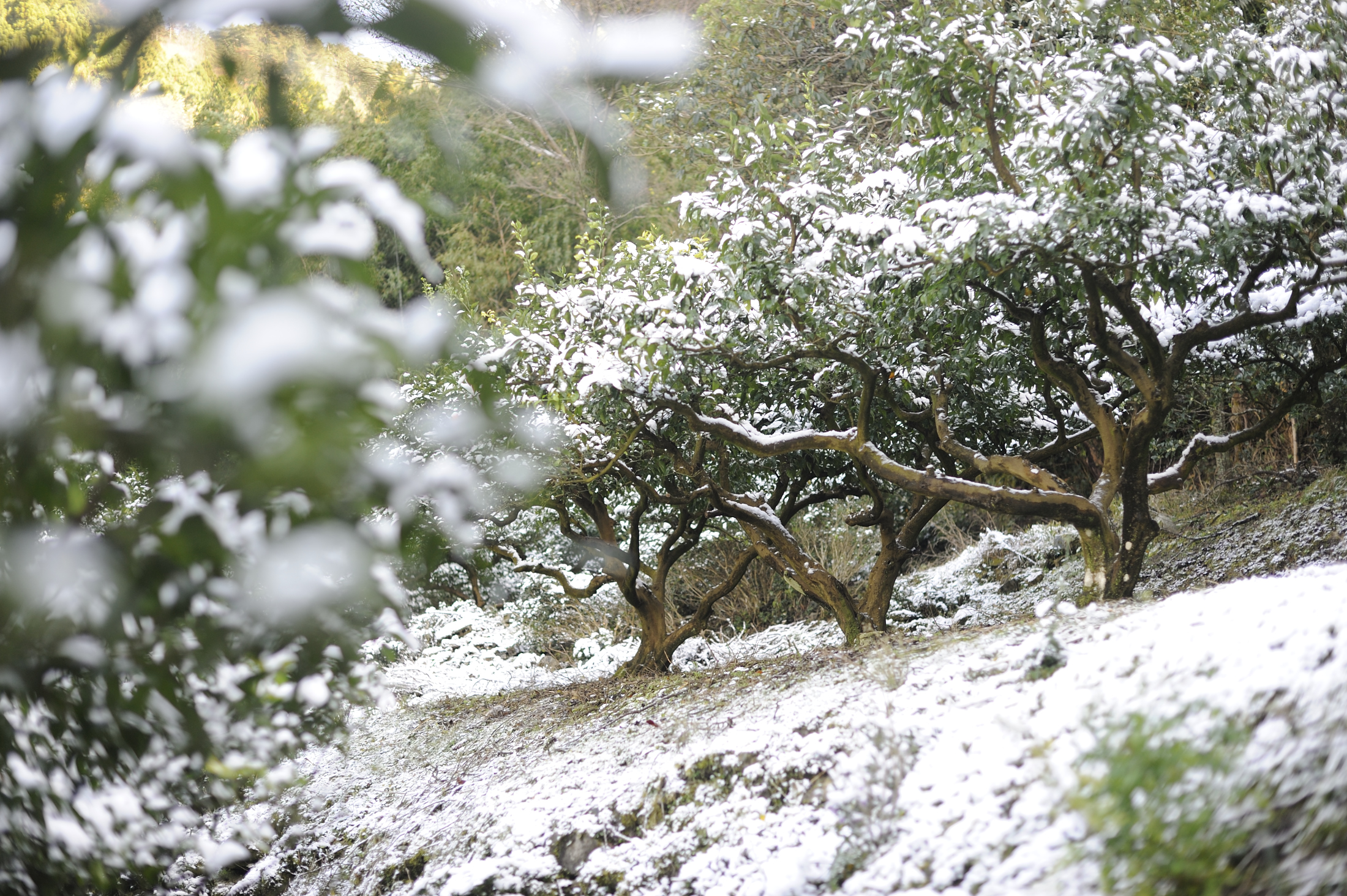
FULL MOON DINING
フルムーンダイニング
Statement
There is an invisible rhythm flowing beneath our feet and above our heads. Mr. Naito, whom I met in Sanakawachi, said, "It is good to water the crops before 10:00 a.m., before the sun gets strong. It is good to water the crops before the sun gets strong. He must have seen the rhythm. He must have seen the rhythm.
Also, the beautiful starry sky that I looked up at during one of my nights alone in Sanakawachi. Hearing and seeing it, I was reminded of its great rhythm. To cherish the invisible rhythm. I feel that this is at the root of the way of life here.
To create "another everyday life" in the community. To do this, I decided to turn my attention to the world's most famous "other" rhythm.
The moon, though not as bold as the sun, has a strong influence on our daily lives. Especially in the growth of crops and in our bodies.
Another dining table, another starry sky that appears according to the rhythm of the moon. This is the custom of loving the crops and stars we encounter in this village along with the moon.
A village that celebrates the invisible rhythms by feeling them and giving them form. I wish there were such a village somewhere.
ステートメント
私たちの足下や頭の上には、目に見えないリズムが流れている。佐那河内で出会った内藤さんの「作物に水をあげるのは午前10 時まえがいい。太陽の力が強くなる前にあげるといい。」という言葉。きっとリズムが見えている。
それに、佐那河内での1人の夜に見上げた美しい星空。聞いて、見て、その大きなリズムに気づかされた。見えないリズムを大事にすること。それがここの生き方の根底にある気がする。
地域のなかに「もうひとつの日常」をつくる。そのために、世界で最も有名な「もうひとつ」のリズムに目を向けることにした。
月は、太陽ほど大胆ではないが、私たちの日常に強く影響している。特に作物の育ちや、私たちの体内に。
月のリズムに合わせて現れる、もうひとつの食卓、もうひとつの星空。この村で出会った作物と星を、月と共に愛でる習慣。
見えないリズムを感じ、形にして祝う村。
そんな村がもしもどこかにあったなら。
Outline
A project that transforms a village home into “another dining table” on the night of the full moon.
In a private house in the village, local residents open a fictional restaurant. Villagers, newcomers, and guests from outside gather to meet one another and taste the changing seasons at a special table under the full moon.
Just as the moon, the sun, and the earth align to form a full moon, Full Moon Dining reintroduces a lunar rhythm of celebration into our daily lives—lives that are otherwise governed by the rhythm of the sun.
概要
満月の夜に村の家を「もう一つの食卓」に変身させるプロジェクト。村の一軒家に村人たちが開いた架空のレストラン。村人や移住者、村外の人々が出会い、満月とともに移り変わる季節を「特別な食卓」で味わう。
《フルムーンダイニング》は、 月と太陽と大地が出会い、重なり合う「満月」のように、「太陽のリズム」の中で過ごす日常の中に、「月のリズム」を中心とした祝いの習慣を再創造していく。
